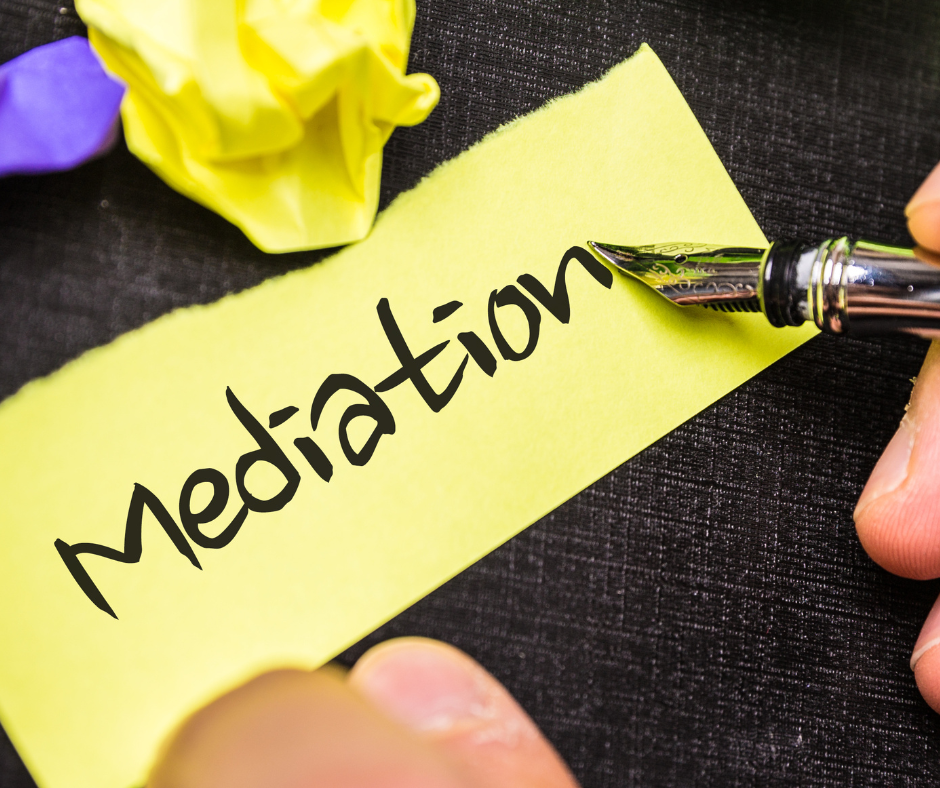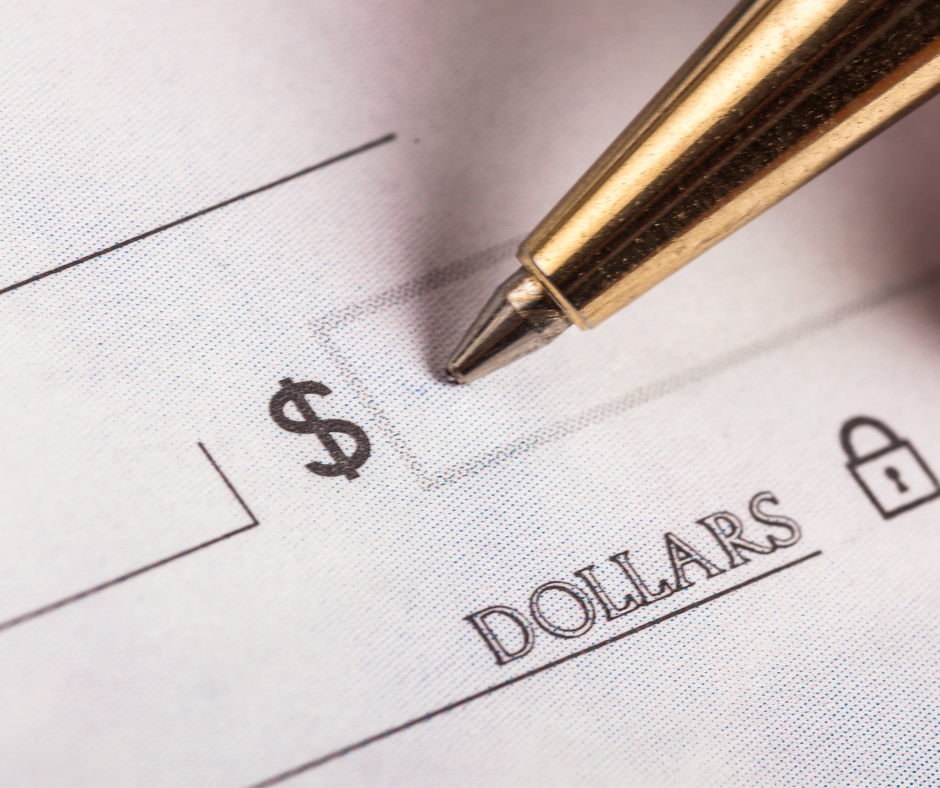
Estar involucrado en un accidente, ya sea un choque de autos o una caída, puede ser una experiencia estresante y traumática. Sin embargo, es esencial tomar las medidas necesarias para proteger sus derechos legales y preservar la evidencia que puede ser importante para cualquier reclamo o demanda futura. Aquí hay algunos pasos que debe tomar en la escena de un accidente:
- Llame al 911: Si usted o alguien más resulta herido, llame al 911 de inmediato. Incluso si no cree que está herido, es importante tener un registro oficial del accidente.
- Intercambie información: Si el accidente involucra a otra persona, intercambie información de contacto con ellos, incluyendo su nombre, número de teléfono e información de seguro. También anote la marca y modelo de su vehículo y su número de placa.
- Tome fotos y videos: Tome fotos y videos de la escena del accidente, incluyendo el daño a cualquier vehículo o propiedad, cualquier lesión y el área circundante. Esta evidencia puede ser valiosa para establecer la responsabilidad y la culpa más adelante.
- Obtenga información de los testigos: Si hubo testigos del accidente, obtenga su información de contacto también. Los testigos pueden proporcionar un testimonio importante en apoyo de su reclamo.
- No admita la culpa: Tenga cuidado de no admitir la culpa o disculparse en la escena del accidente, ya que esto puede ser utilizado en su contra más adelante en los procedimientos legales.
- Contacte a su compañía de seguros: Notifique a su compañía de seguros del accidente lo antes posible. Sea honesto y proporcione toda la información necesaria sobre el accidente.
- Busque atención médica: Incluso si no se siente herido, es importante buscar atención médica después de un accidente. Algunas lesiones pueden no ser inmediatamente aparentes, y retrasar el tratamiento médico puede empeorar sus lesiones y dañar su reclamo.
- Consulte a un abogado: Considere consultar con un abogado experimentado en lesiones personales lo antes posible. Un abogado puede proporcionar orientación sobre el proceso legal y ayudar a proteger sus derechos legales.
En conclusión, tomar las medidas apropiadas en la escena de un accidente puede ayudar a proteger sus derechos legales y aumentar la probabilidad de un reclamo o demanda exitosa. Recuerde mantener la calma, ser cortés y priorizar su seguridad y la seguridad de los demás. Siguiendo estos pasos, puede tomar el control de la situación y prepararse para un mejor resultado.




